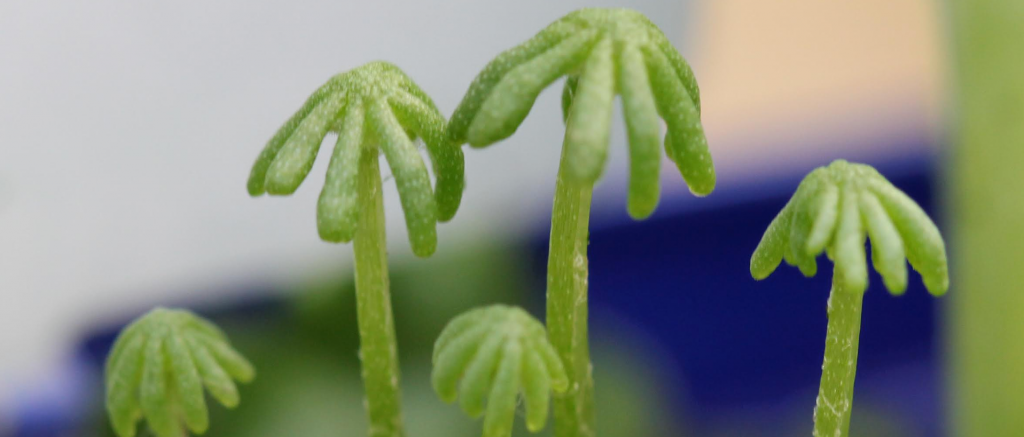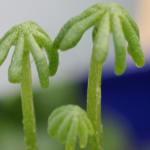Applications are invited for a postdoctoral position in the group of Professor Yolanda Schaerli, Department of Fundamental Microbiology, University of Lausanne, Switzerland to build synthetic gene regulatory networks in E. coli.
Postdoctoral position in synthetic biology
- Department of Fundamental Microbiology, University of Lausanne
- Starting date: March 1st 2017 or by arrangement
Qualification:
Candidates should hold a PhD in life sciences and have a strong background in synthetic and/or molecular biology. Experience with RNA circuits or computational modelling would be a plus.
Postdoctoral applicants should have one or more first-author publications in major peer-reviewed international journals. A good command of the English language, a high personal motivation to excel in science and a curious mind are required.
Work description:
The Schaerli lab (www.yschaerli.com) carries out interdisciplinary research at the interface between synthetic, systems and evolutionary biology. We will move to the Department of Fundamental Microbiology, University of Lausanne in January 2017. We are looking for a motivated post-doc to join our team in Lausanne.
The selected candidate will work on building synthetic gene regulatory networks in the chassis E. coli, using a combination of experimental and computational approaches. In the second phase of the project these networks will be subjected to laboratory evolution experiments to test evolutionary hypotheses. The postdoc will have the opportunity to lead research projects and work with motivated PhD and Master students. The qualified candidate will benefit from working in a very stimulating and international research environment in a young team with access to state of the art facilities.
How to apply:
Please send your full application including motivation letter, CV, list of publications and the names and addresses of three referees to: yolanda.schaerli at unil.ch.

![[Closes 24 Nov 2107] Apply now to the OpenPlant Fund!](https://images.squarespace-cdn.com/content/v1/54a6bdb7e4b08424e69c93a1/1509564315902-TUO4I6QRWI9TT8UGSIAJ/OpenPlantTwitter_400x400+%281%29.jpg)

![[Closes 7 Mar 2017] OpenPlant Research Associate (Haseloff Lab)](https://images.squarespace-cdn.com/content/v1/54a6bdb7e4b08424e69c93a1/1486552818859-FH76MCA8SMFU93WB85RX/OpenPlantTwitter_400x400.jpg)
 The role-holder will provide administrative support to the Synthetic Biology SRI Co-ordinator, maintain a website for the initiative, assist with events, publicity organisation, committee meetings and other related administration.
The role-holder will provide administrative support to the Synthetic Biology SRI Co-ordinator, maintain a website for the initiative, assist with events, publicity organisation, committee meetings and other related administration.
